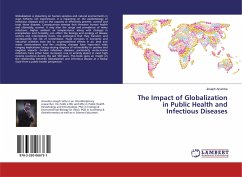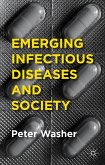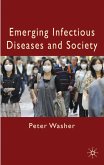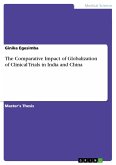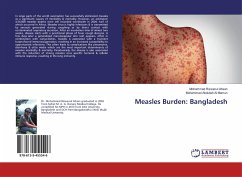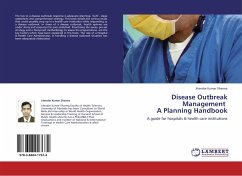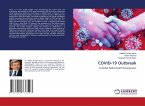Globalization is impacting on human societies and natural environments in ways hitherto not experienced. It is impacting on the epidemiology of infectious diseases and on the capacity to effectively prevent, control and treat these diseases. Consequences emerge that threaten human health and ultimately, survival. It may alter the range and prevalence of many infections. Higher ambient air temperatures, along with changes in precipitation and humidity, can affect the biology and ecology of disease vectors and intermediate hosts, the pathogens that they transmit, and consequently the risk of transmission. Huge increases in economic and industrial activities have led to unprecedented effects in air, land and water environments and the resulting changes have important wide ranging implications facing varying degrees of vulnerability to positive and negative impacts. Certain infectious diseases, particularly vector-borne infections have either been increased, rare or entirely absent in most high income countries during the last 100 years. This book gives an insight on the relationship between Globalization and infectious disease at a Global Scale from a public health perspective.
Bitte wählen Sie Ihr Anliegen aus.
Rechnungen
Retourenschein anfordern
Bestellstatus
Storno

